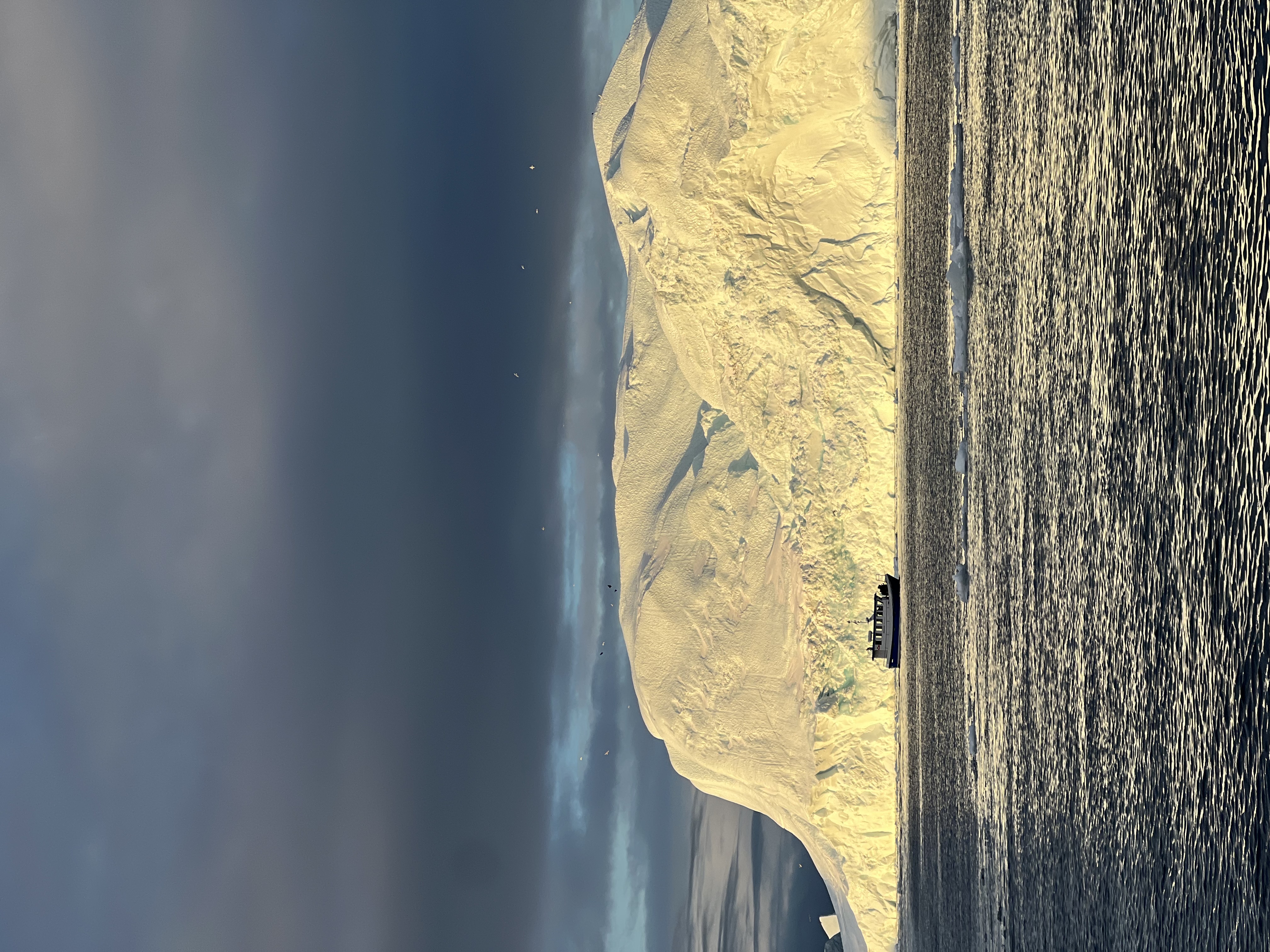ILLUQ (Permafrost - Pollution - Health)

Interdisciplinary research on climate change, permafrost, pollution and health, and adaptation in Arctic coastal communities.
Grant Number: 101133587
Project period: January 1, 2024, to December 31, 2027
ILLUQ is an interdisciplinary project rooted in participatory research with local stake- and rightsholders. It provides a holistic approach to permafrost thaw, pollution, One Health and well-being in the Arctic and investigates the risks from contaminant release, infrastructure failure and ecosystem changes to stakeholders. The research involves close collaboration across disciplines and sciences among many international partner institutions, and the use of citizen science to work in co-production with local residents and stakeholders.
The ILLUQ project includes extensive fieldbased research on climate change and pollution and expands the research on the human dimension of climate change at the Stefansson Arctic Institute (SAI). At SAI the research is led by Dr. Joan Nymand Larsen, senior scientist and research director, and professor, faculty of social sciences, University of Akureyri.
The ILLUQ consortium is led by the Alfred Wegener Institute in Germany (Prof. Hugues Lantuit).
Permafrost underlies 22% of the Northern Hemisphere's exposed land surface and is thawing at an alarming rate as a direct consequence of climate change. Permafrost thaw releases large quantities of organic matter and contaminants into the environment. Contaminants, including heavy metals, persistent organic pollutants and microbiological agents locked in permafrost, are a risk for both human and animal health. In addition, permafrost thaw dramatically impacts infrastructure in local communities with wide-ranging consequences for health, economy, and society. Yet the social, physical and health components of permafrost thaw have traditionally been studied in isolation, leading to inadequate policy options that ignore the holistic nature of the threat. ILLUQ targets the missing link between studies performed by scientists, engineers and consultants in local communities and solutions with local stake- and rightsholders focusing on the long-term implications of decision-making in the context of permafrost thaw.
Investigators at the Stefansson Arctic Institute:
Prof. Joan Nymand Larsen
Dr. Jón Haukur Ingimundarson
Helga Guðrún Númadóttir, researcher
Andrea Marta Knudsen, researcher
The role of senior scientists at the Stefansson Arctic Institute: Together with their international partners Prof. Joan Nymand Larsen and Dr. Jón Haukur Ingimundarson will collaborate with local and Indigenous knowledge holders in co-production to study the non-monetary impacts on Arctic communities of past, present and future permafrost degradation, and adaptation and mitigation measures. Case study regions include Disko Bay, West Greenland, Svalbard, and the Mackenzie River Delta in Canada. The work includes facilitating mechanisms and processes by which Arctic communities can make informed decisions and can find solutions for adaptation to permafrost thaw.
Joan and Jón Haukur have conducted field-based climate research in West and South Greenland for many years, and in the Disko Bay region on climate change impacts, adaptation strategies, and social indicators in close co-production with local stakeholders. The ILLUQ project will enable them and their international collaborators to take important new steps forward in identifying adaptation strategies in close engagement with local communities.
ILLUQ is funded by the EU’s Horizon Research and Innovation Action Fund.
Consortium Partners: 16 international partner institutions from 10 countries: Austria, Canada, Denmark, Finland, Germany, Iceland, Italy, Netherlands, Norway, Sweden.
Related research project: Nunataryuk (EU H2020) - permafrost thaw and changing Arctic coast: science for socio-economic adaptation https://nunataryuk.org/.
For more information: Prof. Joan Nymand Larsen jnl@unak.is